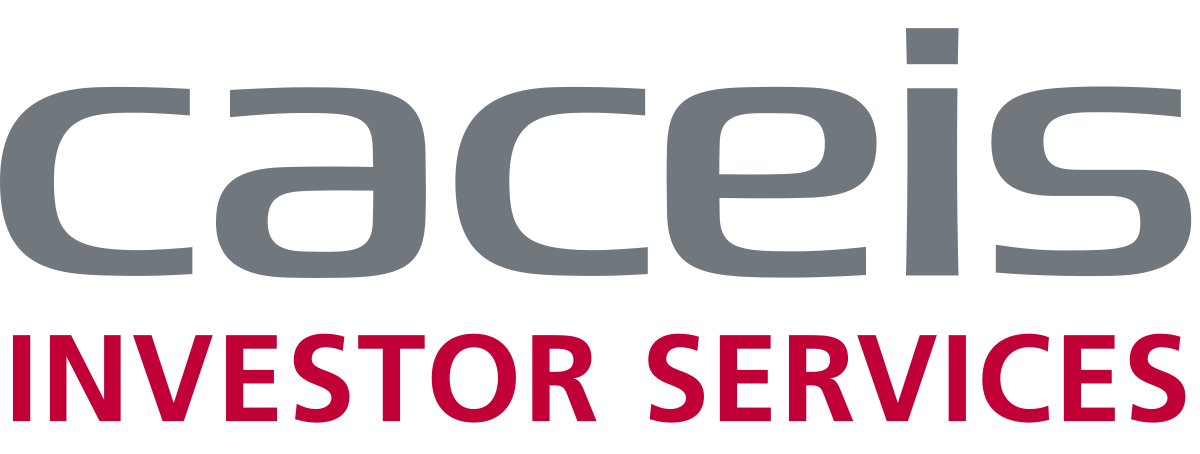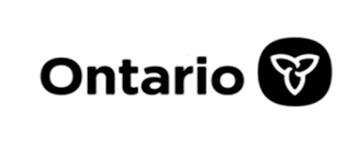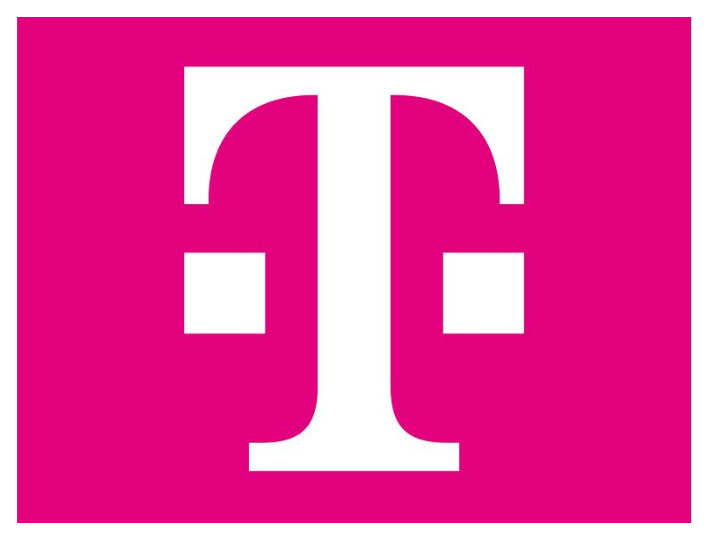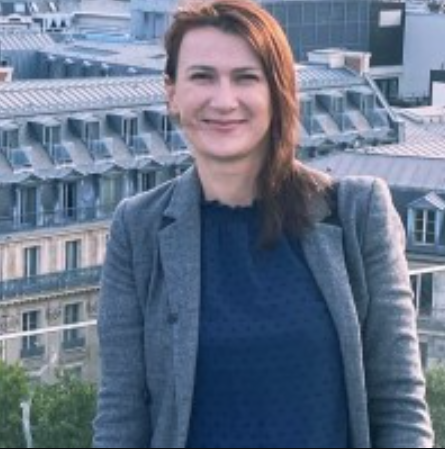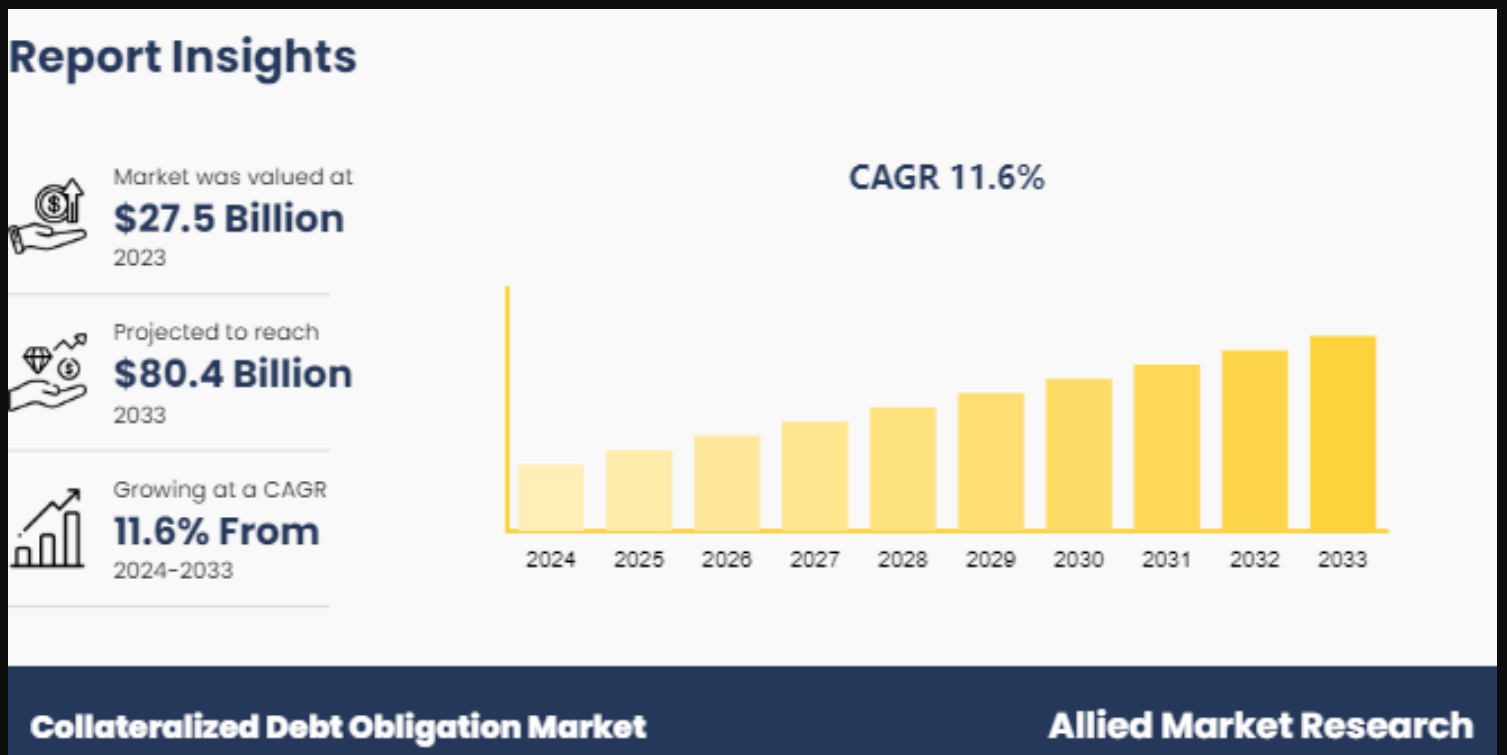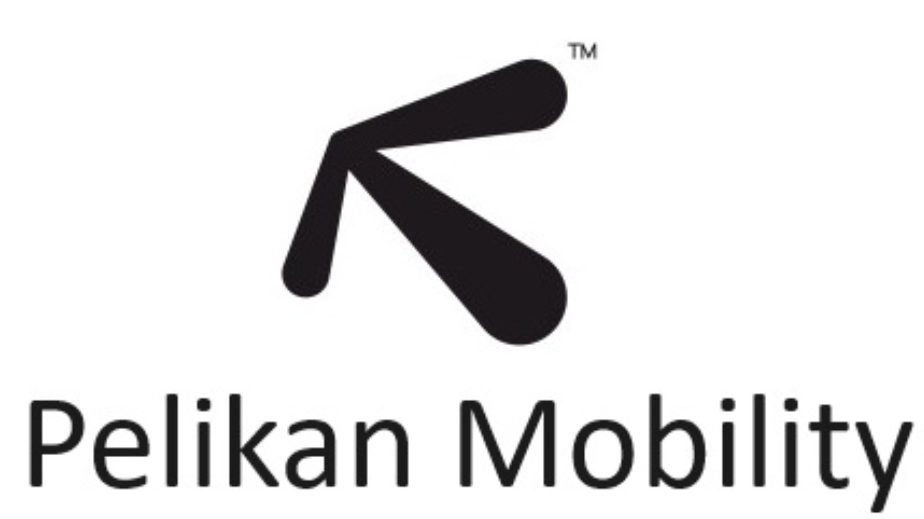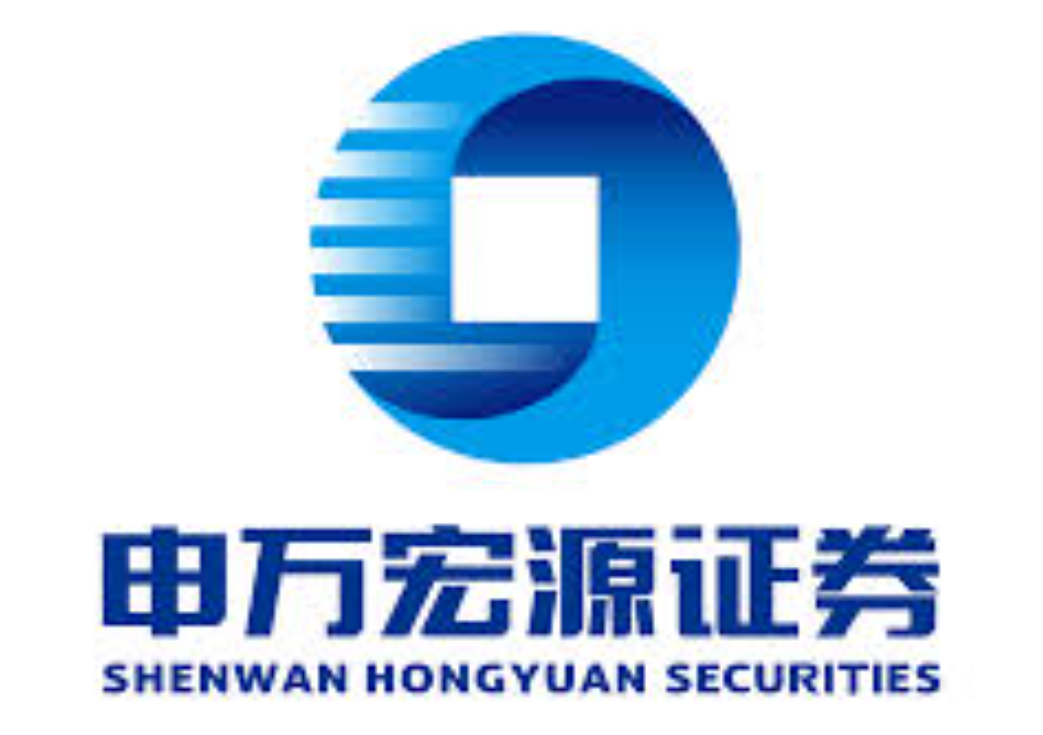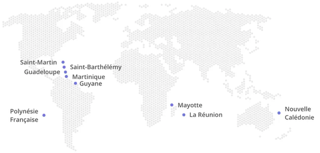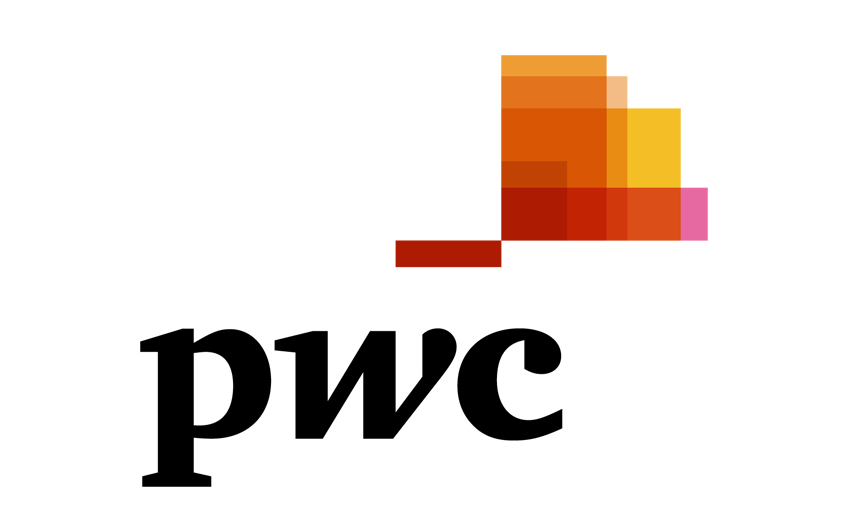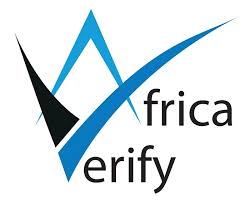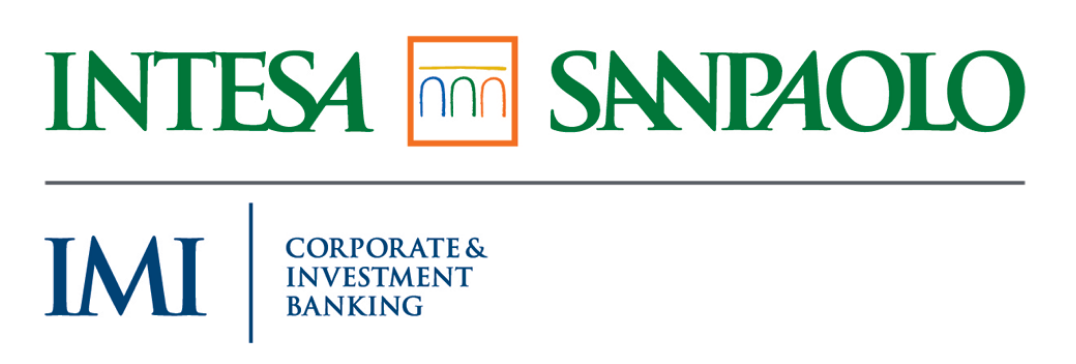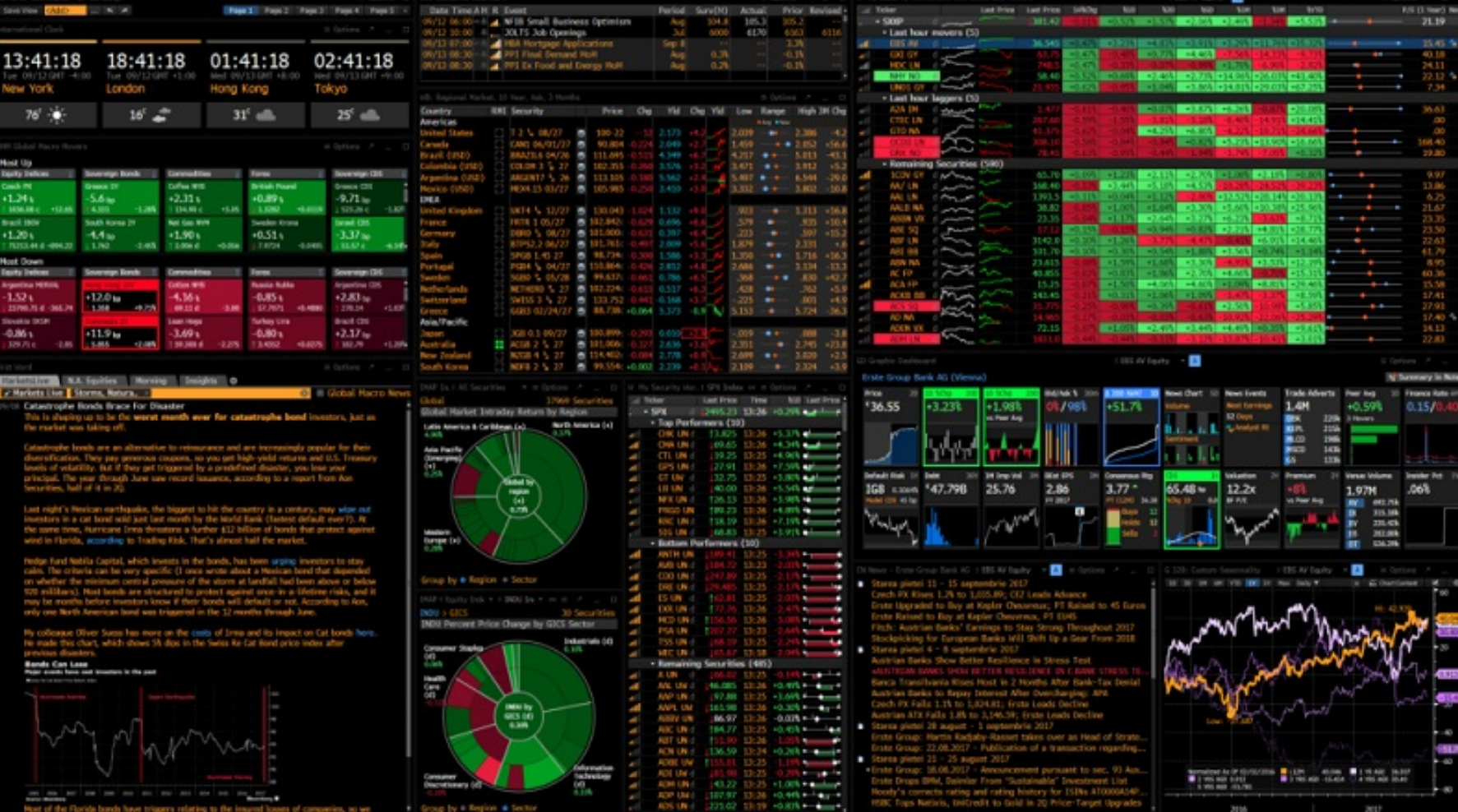
In this article, Annie YEUNG (ESSEC Business School, Global Bachelor in Business Administration (GBBA) – Exchange Student, 2025) shares her experience as an Audit Summer Intern in KPMG, as well as the details of what working in audit may be like, and the necessary skills and goals if one wishes to develop a career in Auditing.
About the firm – KPMG
KPMG, as recognized as one of the big four auditing companies alongside Deloitte, PwC, and EY, is one of the world’s leading professional services firms. The company provides professional financial services, and has a wide range of different departments, including audit, tax, and advisory services, facing diverse clients, including large corporations, governments, and even non-profit organizations. KPMG has a strong global presence. First founded in 1987, KPMG came to what it is today as a leading company through the merger of Klynveld Main Goerdeler and Peat Marwick International, and KPMG has excelled in the field of accounting, building trust from its clients.
Logo of KPMG.
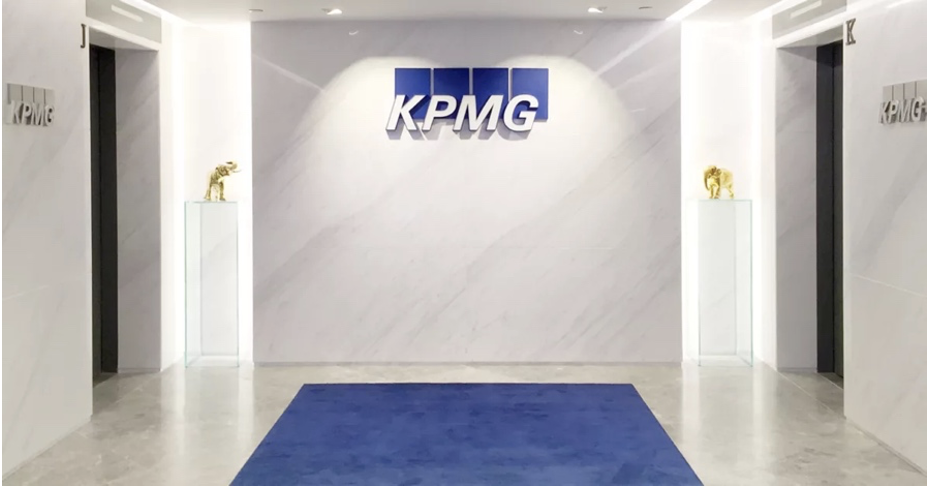
Source: KPMG.
KPMG’s audit practice is one of its core components in the firm and plays a critical role in delivering accountable financial reports, in order to support the transparency of global financial systems. In auditing, the team aims to deliver independent, high-quality financial statement audits that allow stakeholders to understand the company through information that is reliable. KPMG focuses on building a strong ethical foundation, and today it leverages advanced data analytics and data intelligence to build a stronger audit practice. For example, the KPMG Clara is a smart audit platform to provide greater insights into the financials of their clients, and is a great tool designed to support the auditing process. In KPMG auditing, teams also ensure that companies meet financial reporting standards, such as the IFRS and US GAAP, and auditors work closely with their clients to gain a thorough understanding of their financials, industry, risks, and operations, to approach the assurance with tailored auditing processes. Furthermore, KPMG has also been proactive in addressing sustainability. The firm focuses on Environmental, Social, and Governance (ESG) reporting to extend their non-financial reporting, ensuring that companies’ sustainability claims are verifiable.
Overall, KPMG is a major player in the global professional accounting services market, and strongly commits to innovation, ethical practices, in order to deliver value to their clients. In the audit sector, auditors in KPMG play a crucial role in safeguarding the transparency of financial reporting and safeguarding public trust.
My Internship Experience
During my internship, I had the opportunity to work as part of the audit team as an Audit Summer Intern. I engaged closely with our client, contributing to the financial reporting during that audit cycle. This experience provided me a comprehensive understanding of how theoretical knowledge that I have gained from my academic studies could be translated into the practical applications in the world of auditing, My internship experience was both very challenging and rewarding at the same time; as the intern, II gained hands-on experience in handling audit tasks and financial statement reviews.
One of my major responsibilities during my internship involved conducting company and market research for our client as part of the audit procedure. For example, when working with our client, I conducted auditing procedures such as comparing company sales prices to market benchmarks. I was able to hone my skill in attention to detail, as I researched industry standards with similar features to our clients to ensure that the values reported by our client were reasonable and consistent with market standards. Through this procedure, I gained the ability to assess the credibility of pricing through benchmarking techniques in auditing, and I gained a more thorough understanding of inconsistencies in valuation, which allowed my seniors to further review. Another key aspect of my work included journal entry testing, where I was tasked with reviewing and vouching the selected entries back to the original supporting documents provided by our clients. This supported the auditing procedure by identifying potential risks of misstatements or irregularities in the financial statements. I also worked on financial statement reviews for numerous subsidiaries of our clients, which included larger corporations. I prepared working papers and learned to maintain audit trails for every assertion tested. Through this analytical review and control testing, I gained a great exposure to the structure of the performance of an external audit.
What I learned during my internship
Apart from the technical skills that I have strengthened during my internship, such as my proficiency in Microsoft Excel and on-the-field communication and collaboration, I was also able to gain a much wider learning experience through my experience in practicing auditing. Auditing is a detailed and structured process that ensures a company’s financial statements are accurate, transparent, and in compliance with industry standards. Hence, it is important to build trust in financial information so stakeholders can take the information and make informed decisions.
For example, I developed a strong sense of professional skepticism and prudence, especially when working on auditing procedures that involved vouching and checking for reasonableness. By examining the details, I understood the importance of attention to detail, and I improved my ability to think critically, as it was an important skill required in auditing in order to protect stakeholders and support the transparency in financial reporting.
Important key takeaways from working in KPMG auditing
Compliance with accounting standards and regulations
One of the primary goal of auditing is to check whether clients’ financial statements are in compliance with accounting standards and regulations. For each financial item and the financial statements, whether if it’s revenue, inventory, or assets, it is important to understand how these items are treated by the company. Hence, during auditing procedures, it could help us better determine if the item is fairly and accurately represented in the financial reports.
Developing professional skepticism
During the auditing process, I also learned the importance of adopting the mindset for professional skepticism, which we learn to question, verify, and ensure the integrity of financial data. Only by adopting this mindset can auditors detect potential misstatements, errors, or even fraud.
Identifying different types of risks
One of the key aspect in auditing involves identifying different types of risks. Business risk is related to the risk that a company might not be able to achieve its objectives; legal risk is about the company’s potential risk in facing legal consequences due to not being able to comply with laws and regulations; financial risks involve the possibility of market volatility etc. Auditing is particularly playing an essential role in helping companies to minimize and avoid legal risks. Only through the auditing processes verifying financial information of a company can we help maintain the integrity and sustainability of the firm.
IFRS vs GAAP in auditing
There are two auditing frameworks that provide guidelines on how financial statements shall be prepared. The two accounting frameworks, IFRS (International Financial Reporting Standards and GAAP (Generally Accepted Accounting Principles) are the two frameworks that is most widely used and known in the world of accounting.
The International Financial Reporting Standards
The IFRS is an international accounting standard that is developed by the International Accounting Standards Board. The IFRS is used by over 140 countries, and it emphasizes on transparency, accountability, and efficiency. The IFRS provides a global framework and guides how public companies should prepare their financial statements to ensure it delivers efficient financial information about the company to investors.
The Generally Accepted Accounting Principles
The GAAP is a standardized accounting guideline that is mainly used in the U.S. for financial reporting. The GAAP is different with the IFRS on some parts. The IFRS may often require more judgement-based decisions from auditors, and often requires a higher level of professional scepticism and judgement. On the other hand, the GAAP has more rigid guidelines, and thus requires less judgement during the auditing process.
Related Posts in the SimTrade blog
If you are also looking for an internship or wanting to potentially work in the field of audit, you may find useful information by reading other posts where students also shared their professional experience in similar fields.
▶ Margaux DEVERGNE My experience as an apprentice student in internal audit at Atos SE, during the split of the company
▶ Gederico MARTINETOO My experience as a PwC Associate Auditor in the Digital Data
▶ Pierre-Alain THIAM My experience as a junior audit consultant at KPMG
▶ Louis DETALLE My experience as an Audit intern at PwC
About the author
This article was written in July 2025 by Annie YEUNG (ESSEC Business School, Global Bachelor in Business Administration (GBBA) – Exchange Student, 2025).
▶ Read all posts written by Annie YEUNG






